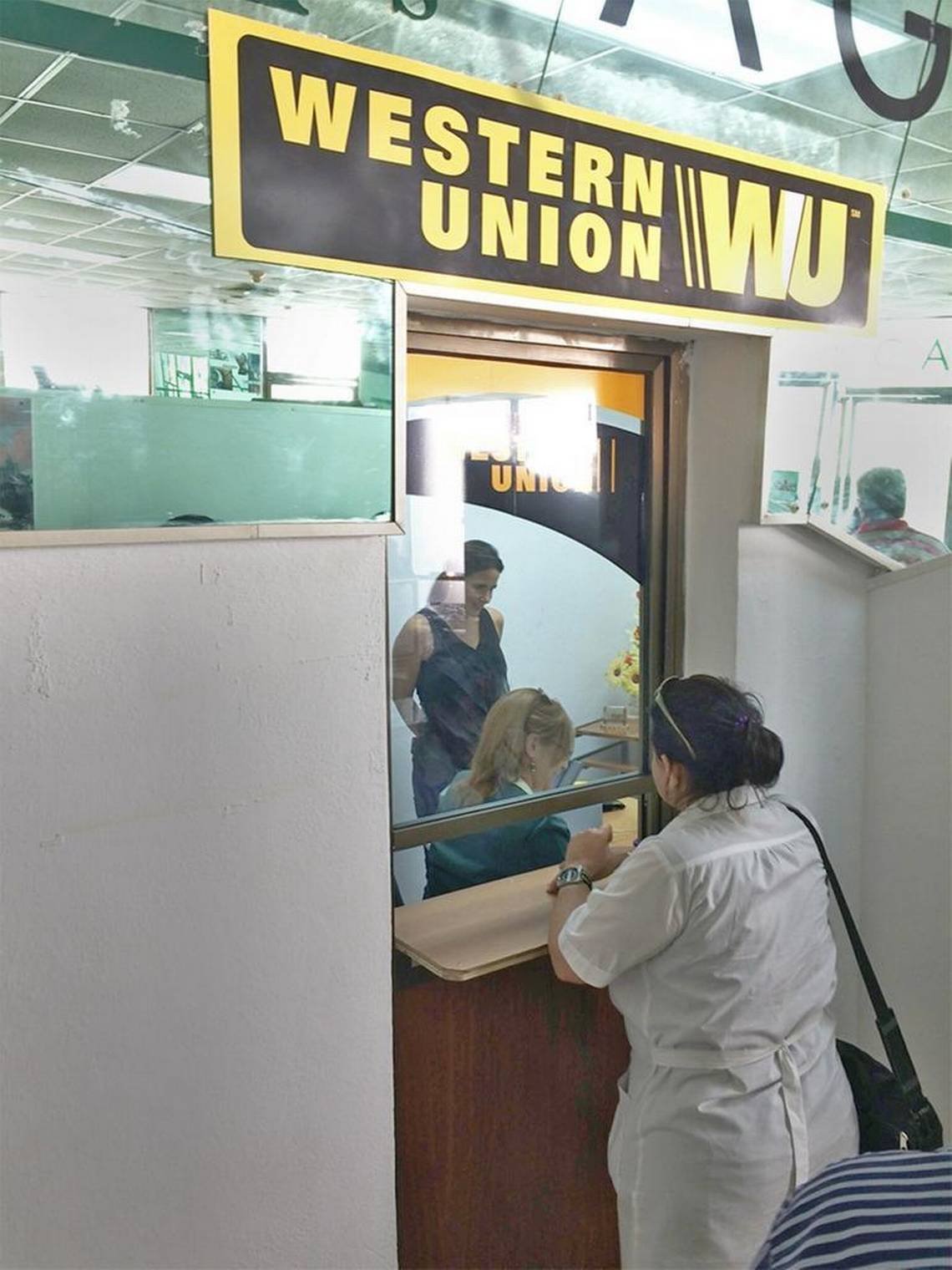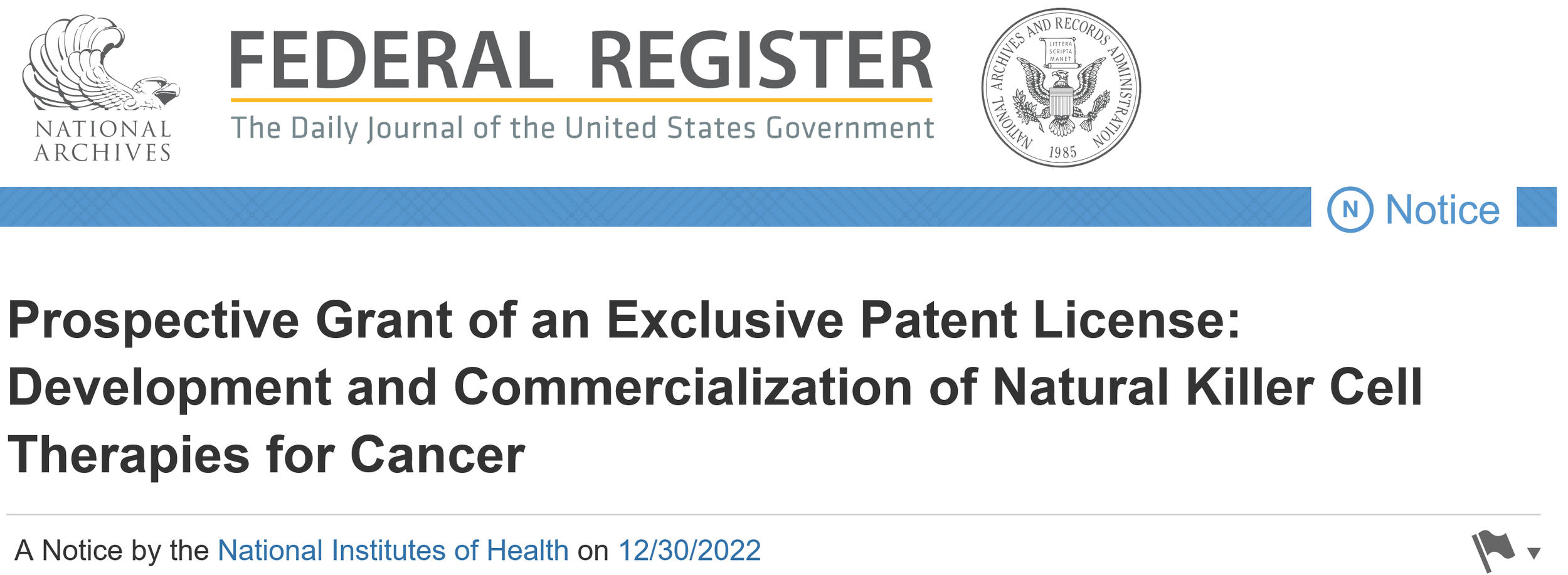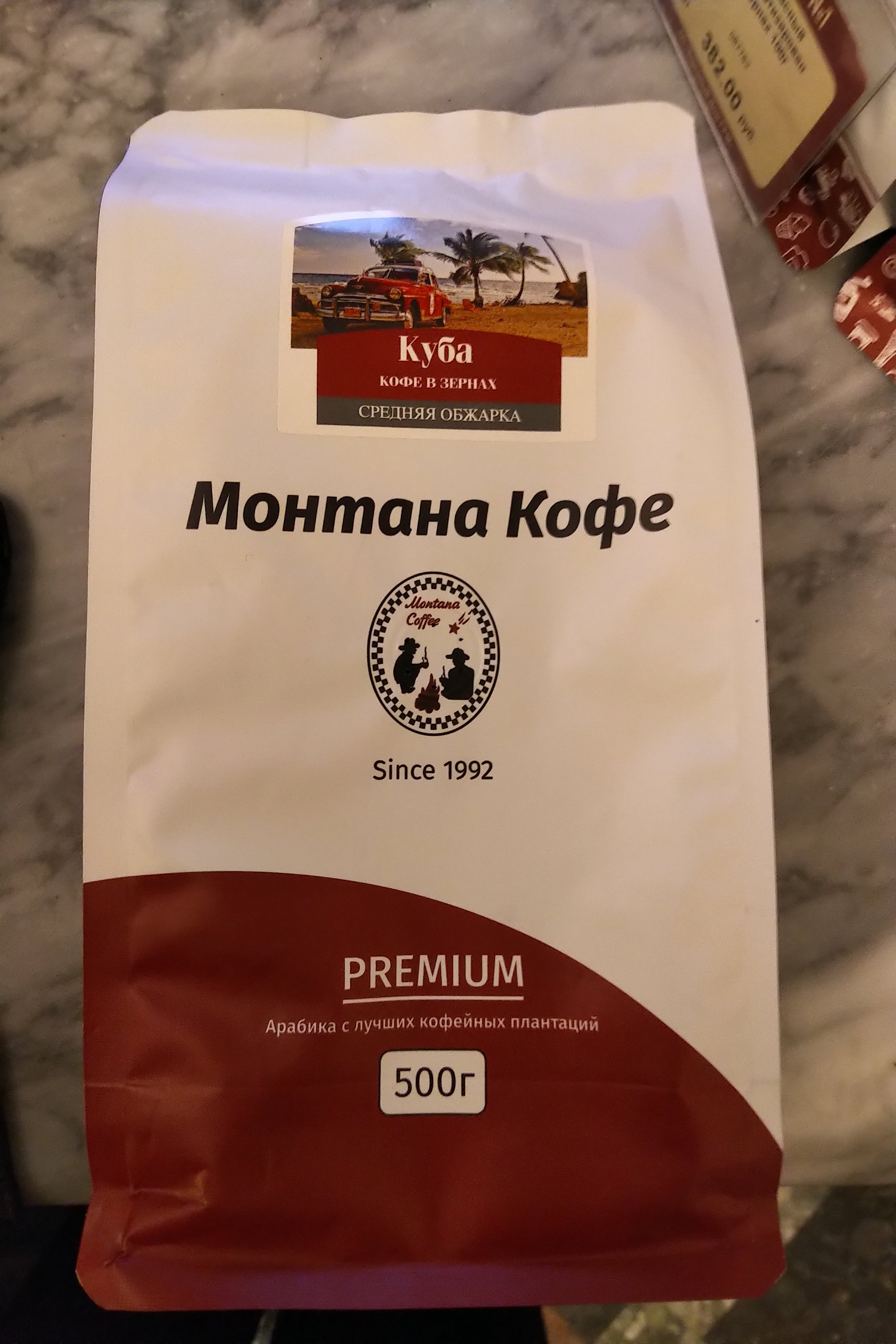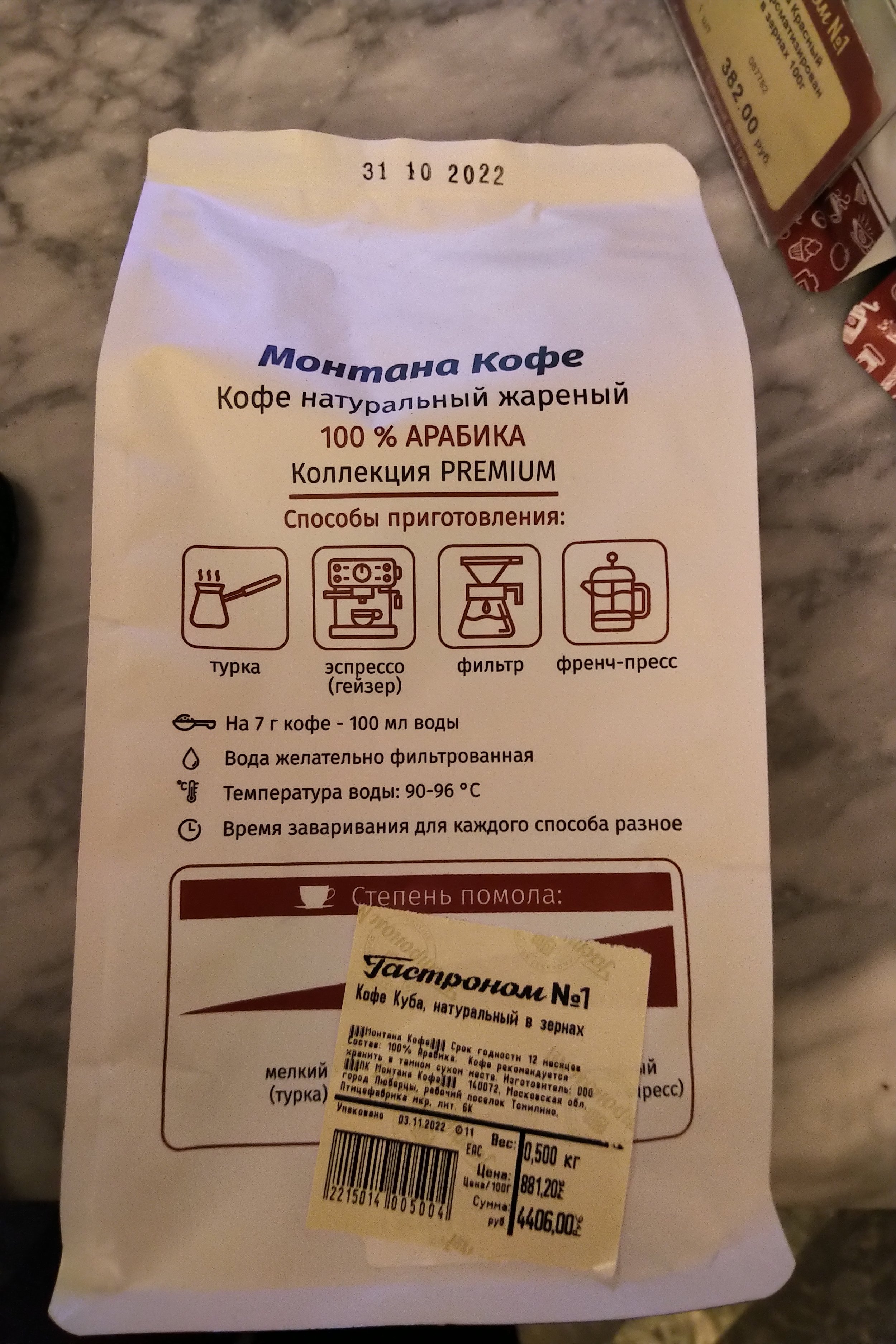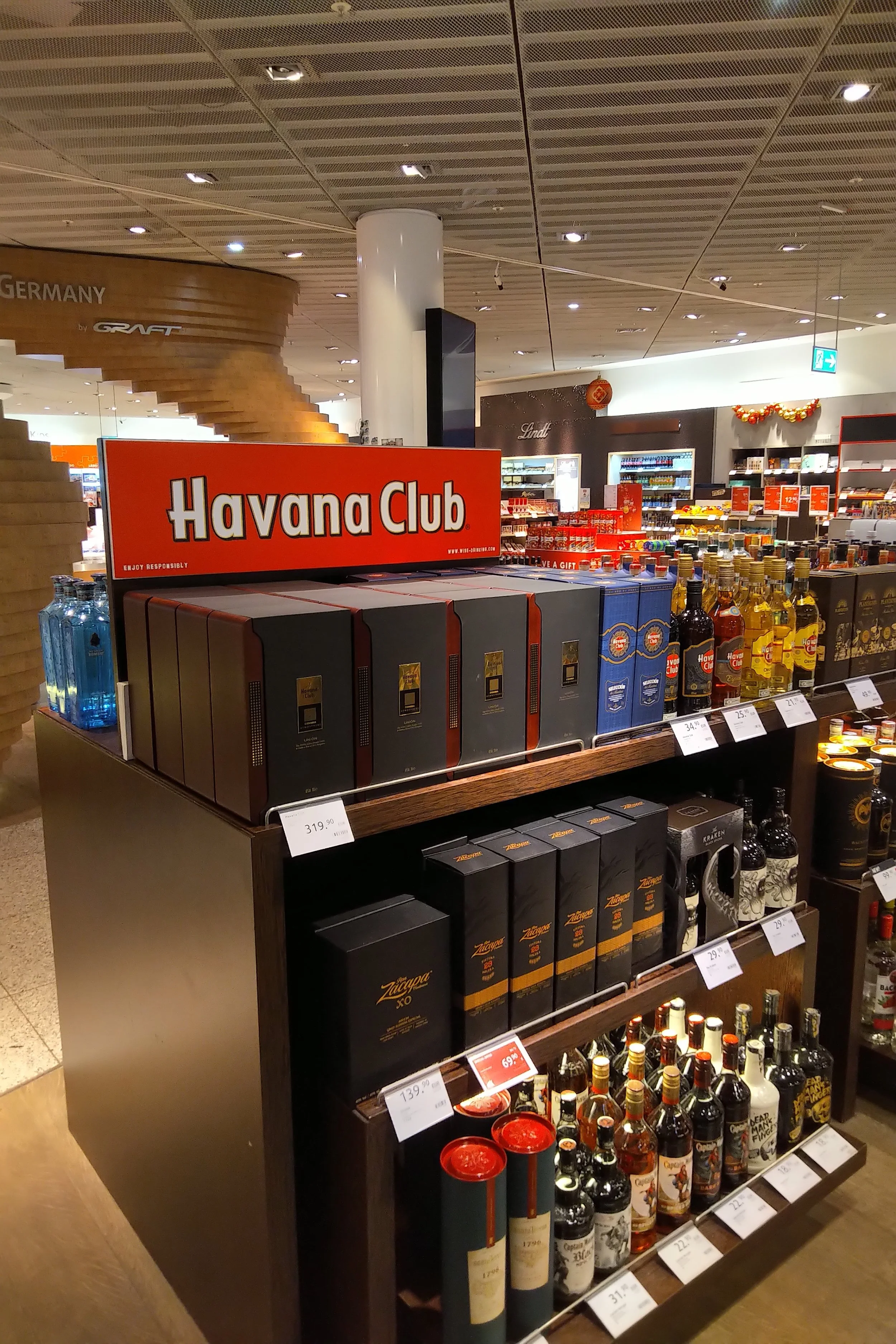“Although the defendants’ position that they potentially seek to maintain the allegations for other purposes is extremely unattractive, or appears extremely unattractive, it is not a position which I can force the defendants to change at this stage.” Justice Henshaw
On Monday, 23 January 2023, at 10:00 am in London, United Kingdom, an estimated eight-day Jurisdiction Trial will commence with pre-reading for two days, 18 January 2023 and 19 January 2023. The trial will be held at the High Court of Justice, City Court House, Rolls Building, 7 Rolls Buildings, Fetter Ln, London EC4A 1NL. Presiding: Mrs. Justice Sara Cockerill.
CRF I Limited (Cayman Islands), V. Banco Nacional de Cuba, The Republic of Cuba. High Court of Justice, Business And Property Courts Of England And Wales, Queen’s Bench Division, Commercial Court [Part 7 Claim- General Commercial Contracts], Royal Courts of Justice. [CL-2020-000092 Filed 18 February 2020; Court Filing Fee £10,000.00 (approximately US$13,000.00].
From Court Filing: “CRF is a company incorporated under the laws of the Cayman Islands. It was established to invest in defaulted Cuban sovereign debt. CRF gradually acquired a portfolio of Cuban sovereign debt which was valued in the total principal sum of EUR189 million by 31 March 2016, and EUR1,200 million by 26 November 2017. The majority of that portfolio, and the part that is relevant to these proceedings, was settled by way of risk participation at ICBC. That is a common arrangement in the sovereign debt market.”
Rosenblatt (plaintiff)
Memery Crystal (plaintiff- firm merged with Rosenblatt)
7 King’s Bench Walk (plaintiff)
Gibson, Dunn & Crutcher UK LLP (previously for plaintiff)
PCB Byrne LLP (defendant)
Essex Court Chambers (defendant)
Uria Menendez (defendant)
LINK: 6-Page Approved Judgement
Text Of Approved Judgement
MR JUSTICE HENSHAW : 1. I am going to keep my reasons very short on this point, because I am very conscious of the time and we still have another substantive issue to deal with. I am going to grant permission to make these amendments. They are amendments to withdraw allegations. It seems to me that, first of all, nothing would be achieved by seeking in some way to force the defendants to maintain the allegations at trial unless they were willing to comply with certain conditions. Although the defendants’ position that they potentially seek to maintain the allegations for other purposes is extremely unattractive, or appears extremely unattractive, it is not a position which I can force the defendants to change at this stage. Whether the defendants would be allowed to maintain the allegations at a later date will be a matter for that stage rather than something for me to seek to dictate in advance.
2. So far as the costs are concerned, it seems to me that if there were not the state immunity issue, the claimant would have a compelling case for an order that their costs be paid on the indemnity basis under ordinary principles. As it is, however, I do not think I can or should make a costs order today, for two reasons.
3. First, I am not persuaded that the court at the moment has the power to make a costs order, or necessarily even to make payment of costs a condition of the grant of permission to amend, because of the pending sovereign immunity challenge. The defendants have fully reserved their position as to sovereign immunity, and did so in clear and comprehensive terms at the hearing before Mr Salter QC earlier in this case; and I am not persuaded that the court can avoid that problem or circumvent it by attaching a costs payment condition to a grant of permission to amend. Even if the court were to do that, it would still potentially lead back to the same problem: namely, that if the defendants were to fail or decline to make the costs payment, one would have the very unsatisfactory position at trial of allegations that remained part of the defendants’ statement of case but which they had indicated they did not propose to advance.
4. The second point is that I would, in any event, think it more appropriate for the trial judge to deal with this costs issue as part of the overall costs decision following trial. The trial judge will be better placed to form an overview not only of the merits of the costs application – although, as I have said, it seems to me at the moment to be clearly in the claimant’s favour – but also to take a better view of the overall quantum of costs and the proportion of costs which can fairly be said to be attributable to the allegations being withdrawn.
5. So for all those reasons, I will grant permission to amend and reserve the issues of costs arising from that to the trial judge. (For proceedings after judgment see separate transcript)
6. This ruling deals with the claimant’s application to serve a witness summary of Mr Don Stevenson out of time, and for relief from sanctions.
7. The background is that the case concerns debts allegedly due to the claimant by the first defendant and guaranteed by the second defendant, which the claimant claims Mr Justice Henshaw Approved Judgment CRF I Ltd v Banco Nacional de Cuba & Anor 09/12/2022 were assigned to it by ICBC with the consent of the defendants. Whether such consent was given is at the heart of the dispute.
8. Until the amendments for which I have given permission today, the defendants’ pleaded case included the allegation that the alleged consent to assignment, on which the claimant’s claim is based, was induced by the bribery of its official, Mr Lozano, by the claimant in October 2019: that having been orchestrated by a Mr Stevenson, formerly of ICBC (the assignor of the debts). I hasten to add, though, that the Defence did not make reference to Mr Stevenson save in the particular respect I shall identify shortly.
9. The Defence alleged also that the defendants were justified in refusing applications for consent to assign made in 2019 and 2020, for reasons including the alleged bribery.
10. The defendants’ solicitors, Byrne, wrote a letter on 23 November 2020 in relation to the 2020 request for consent to assign. That letter set out reasons why it was reasonable for consent to be withheld. As part of that letter, reliance was placed on evidence said to be emerging from an ongoing public prosecutor investigation that implicated Mr Lozano in a bribery arrangement, which the evidence said had been pre-arranged with Mr Stevenson. Thus, the evidence said to have emerged from the ongoing investigation made Mr Stevenson an integral part of the alleged bribery scheme.
11. The Defence itself, in paragraph 21(d), relied on Mr Lozano having by then been convicted in July 2021 of bribery in relation to this matter. The Cuban criminal judgment in fact stated that Mr Stevenson had been involved in the bribery, although that was not alleged in this part of the defendants’ Defence. The claimant in its Reply said there was no fair trial leading to that conviction and related convictions; that the judiciary was not independent of the executive; and that there was no adequate due process safeguards in criminal prosecutions. The Reply alleged that the case was an example of Cuba seeking to avoid its liabilities by prosecuting and convicting foreign parties and/or Cuban officials, and that the bribery allegations were a concoction.
12. In the context of the 2020 request for consent to assign, paragraph 40 of the Defence relied on the Byrne letter of 23 November 2020, incorporating it by reference, and thus including in that particular context the alleged evidence of Mr Stevenson’s involvement.
13. Notwithstanding that, in November 2021 the defendants confirmed in response to a Further Information request that they did not in their pleaded case, including in paragraph 40 of their Defence, allege that Mr Stevenson was involved in the bribery and corruption: although they reserved the right to amend in due course after disclosure and witness statements.
14. As a result, the claimant say it did not, at the time, obtain a witness statement from Mr Stevenson, with whom it appears the claimant had been in contact since at least September 2021, although another of the claimant’s witnesses does say that Mr Stevenson could have had no involvement in the matter because he retired in 2015 and had no further involvement. Mr Justice Henshaw Approved Judgment CRF I Ltd v Banco Nacional de Cuba & Anor 09/12/2022
15. Notwithstanding the contents of the Further Information I have just mentioned, the defendants on 19 July 2022, as part of the overall first round of exchange of witness evidence, served a statement from Mr Lozano which made express allegations to the effect that Mr Stevenson was heavily involved in bribery and corruption in relation to this matter. His statement refers to events said to have happened at the end of 2018 or early 2019, and states that Mr Lozano believed Mr Stevenson to have been acting on behalf of the claimant in this regard. It is also alleged by Mr Lozano that, in a conversation with Mr Gordhandas of the claimant, Mr Gordhandas had referred to a bribe as being a gift from Mr Stevenson.
16. This all led the claimant to resume contact with Mr Stevenson and his solicitors, but on 24 August 2022 the solicitors said Mr Stevenson would not give evidence or provide a statement.
17. That led the claimant in due course, on 27 September 2022, to tell Mr Stevenson’s solicitors that the claimant would serve a witness summons. The claimant’s evidence is that that was done in a further attempt, to persuade Mr Stevenson to provide a witness statement. The claimant accept that it could, in principle, at this stage have served a witness summary on the defendants. On the other hand, it may be fairly said that, given the contents of the Lozano witness statement, there was now some doubt about the position the defendants were in fact taking, having previously disavowed any allegations against Mr Stevenson, including in the context of Defence paragraph 40 relating to the 2020 request for consent to assign.
18. The claimant on 29 September 2022 asked the defendants whether, in the light of Mr Lozano’s witness statement, the defendants now proposed to amend their statements of case so as formally to allege that Mr Stevenson was involved, asking for a response by 3 October. That date was four days before the date for supplemental witness statements to be exchanged. The defendants did not in fact respond until 7 October 2022, i.e. the day on which supplemental witness statements were exchanged. The defendants said they had no current intention to amend so as formally to allege involvement by Mr Stevenson.
19. The claimant on 10 October 2022 pressed the matter, asking whether the defendants were going to allege, formally or otherwise, that Mr Stevenson was involved and whether they would disavow the allegations in Mr Lozano’s witness statement about this, reserving the right to obtain evidence from Mr Stevenson if that was not confirmed.
20. The defendants’ response came two weeks later, on 24 October, saying the defendants had repeatedly explained that their pleaded case did not involve alleging that Mr Stevenson was party to the alleged bribery. The defendants noted that the claimant’s evidence included what they called “impermissible” commentary on the July 2021 criminal judgment, including Mr Stevenson’s supposed involvement which was, the defendants repeated, not part of the defendants’ pleaded case. The defendants did not make clear whether they would rely on Mr Lozano’s witness statement allegations in this regard. In my view, the point made about the defendants’ pleaded case could reasonably be regarded as still being somewhat confusing, given that paragraph 40 of the Defence continued to rely on the contents of the Byrne 23 November 2020 letter, seemingly in its totality. Mr Justice Henshaw Approved Judgment CRF I Ltd v Banco Nacional de Cuba & Anor 09/12/2022
21. As a result the claimants eventually, on 31 October 2022, served a draft witness summary on the defendants, i.e. three weeks after the date for supplemental witness statements. They then served a witness summons on 3 November 2022, which Mr Stevenson’s solicitors have acknowledged, and on 8 November 2022 issued an application for relief from sanctions.
22. The witness summary says, in brief, that Mr Stevenson will say at trial that he was made redundant in December 2015, that he had no further involvement or relevant contact, and that he did not even know that the assignments were happening.
23. Then, two days before this pre-trial review, the defendants served a draft ReAmended Defence which deletes the allegations that Mr Lozano was involved in bribery and deletes the reference to his conviction, although it maintains reliance on the Byrne 23 November 2020 letter and, hence, the information the defendants say they received from the public prosecutor in 2020 about the involvement of both Mr Lozano and Mr Stevenson in the alleged bribery.
24. The defendants now adopts the position that, whilst they no longer allege actual bribery, they are still entitled to rely on the information they had in 2020 from the public prosecutor investigation about Mr Lozano’s involvement in bribery. The defendants maintain that Mr Stevenson’s evidence about his alleged lack of involvement is irrelevant and, indeed, say that the paragraphs of Mr Lozano’s witness statement referring to the alleged bribery and Mr Stevenson’s involvement are also irrelevant following the amendments for which I have today given permission. The defendants accordingly say that the witness summary should be excluded because the evidence is irrelevant, and that relief from sanctions should be refused in any event on the grounds that there has been delay and the proposed evidence is too late.
25. As to relevance, first of all, the court is not in a position today to draw any particular inference from the defendants’ sudden and late abandonment, without explanation, of their case that bribery in fact occurred. One inference which the claimant may invite the court to draw at trial is that that change of tack supports the allegation the claimant has pleaded in its Reply, namely that the investigation and prosecution of Mr Lozano and others never had any real foundation, and that the whole process was simply an example of Cuba seeking to avoid its liabilities by bringing criminal prosecutions. The evidence proposed to be obtained from Mr Stevenson, if true, to the effect that he had retired four years earlier, and could have had no possible involvement, may be relied on by the claimant at trial as supporting the inference that the investigation process had no real foundation.
26. Bearing in mind that the defendants are, like the public prosecutor, emanations of the Cuban state, and on the claimant’s case would be the beneficiaries of any such modus operandi, the proposed evidence from Mr Stevenson could thus be relevant to whether the defendants had a reasonable belief in the bribery allegations so as to make it reasonable to withhold consent to assign.
27. There may be an issue at trial about the extent to which the court, in deciding the question of whether consent was reasonably withheld, is confined to the knowledge and information specifically available to whichever individuals within the defendants took the decision to refuse consent. However, an alternative analysis might be that if the defendants (as such) were aware, as the claimant will ask the court to infer, that Mr Justice Henshaw Approved Judgment CRF I Ltd v Banco Nacional de Cuba & Anor 09/12/2022 the investigation process was essentially fabricated, then it was not possible for the defendants to have a reasonable belief that it was proper to withhold consent on the grounds of bribery. That is a potential question of law for trial, and it is not a question which I can attempt to address today: but it does seem to me that there is a realistic possibility that the latter analysis is the correct one and, therefore, that Mr Stevenson’s evidence could be relevant to issues to be determined at trial.
28. As to relief from sanctions, the claimant accepts that failing to meet the date for service of witness statements and supplementary witness statements was a serious matter. However, the claimant says, in short, that its approach to this matter was not unreasonable in circumstances where they only realised following service of the defendants’ witness statements that Mr Lozano’s evidence made allegations against Mr Stevenson; and they then spent time trying both to persuade Mr Stevenson (again) to give evidence and to clarify the defendants’ position as to their case. As I have indicated, the latter attempts did not result in any response from the defendants as to whether they would now disavow Mr Lozano’s evidence about Mr Stevenson’s involvement. It is not unfair to say that it is really only now, following service of the defendants’ skeleton argument yesterday, that it has become clear exactly what the defendants are saying on this matter: viz that the defendants no longer allege that there was bribery in fact, but they maintain that in 2020 they had a reasonable belief that bribery had occurred based on the matters set out in the Byrne letter of 23 November 2020.
29. As the claimant rightly accepts, there are periods of time during the last few weeks where it could, in principle, have acted more expeditiously; but viewing the matter in the round, and bearing in mind the lack of any demonstrated prejudice and the comparative narrowness of the scope of Mr Stevenson’s evidence, it seems to me that it would be justifiable to grant relief from sanctions. When the matter is viewed in its totality, it would be unsatisfactory in my view for the allegation of reasonable belief in bribery to be maintained and yet for the court not to receive evidence from Mr Stevenson that might – I put it no higher – help undermine the credibility of the whole criminal process, which may in turn call into question the defendants’ state of knowledge and their claimed reliance on it when withholding consent to assign.
I therefore conclude that relief from sanctions should be granted and the witness summary admitted. (For proceedings after judgment see separate transcript)










